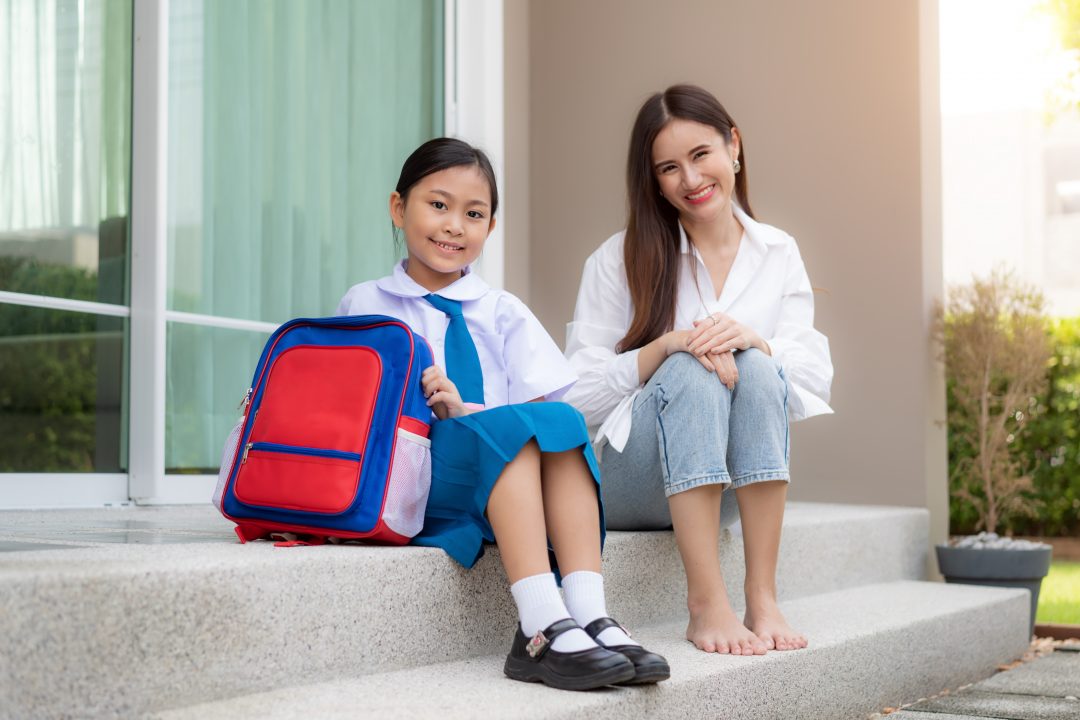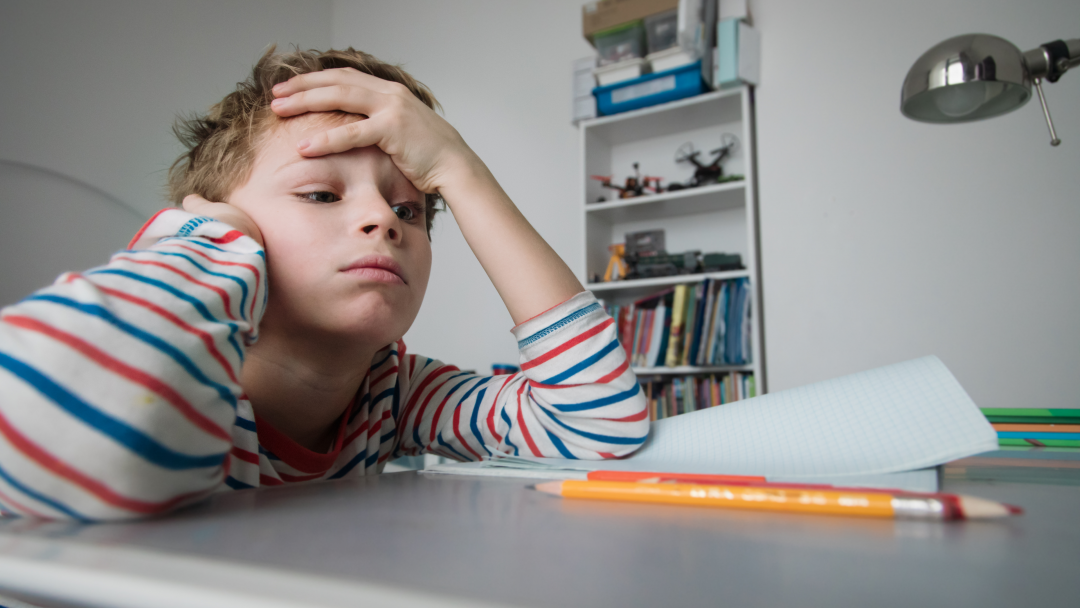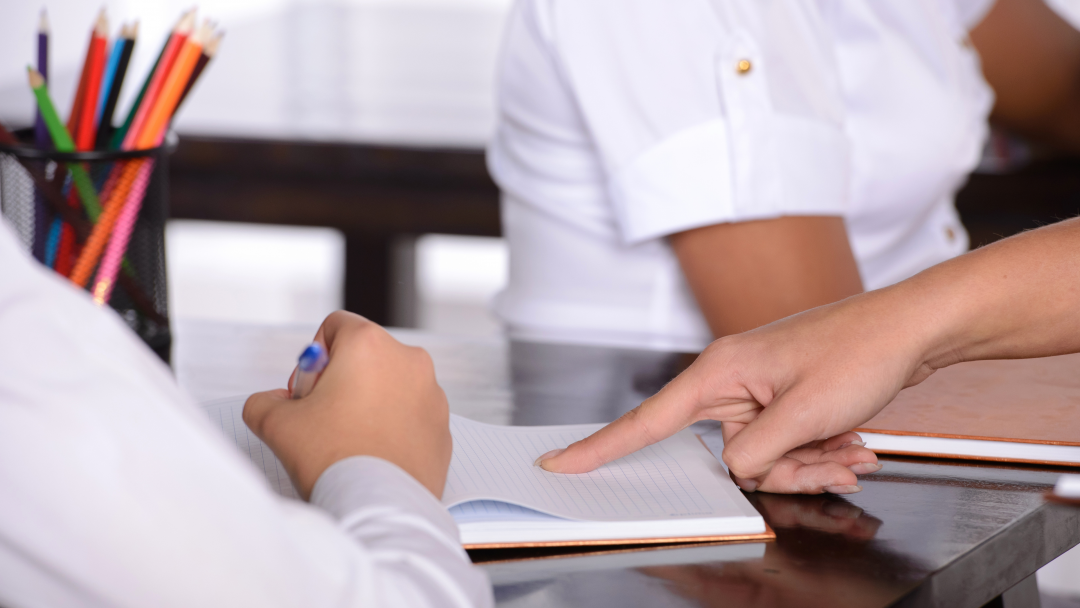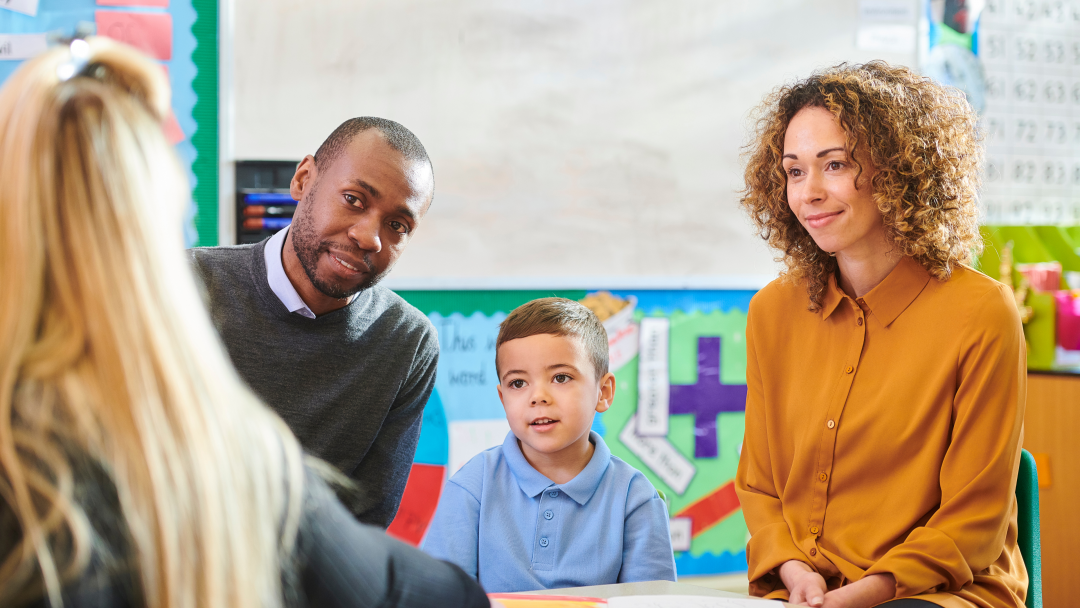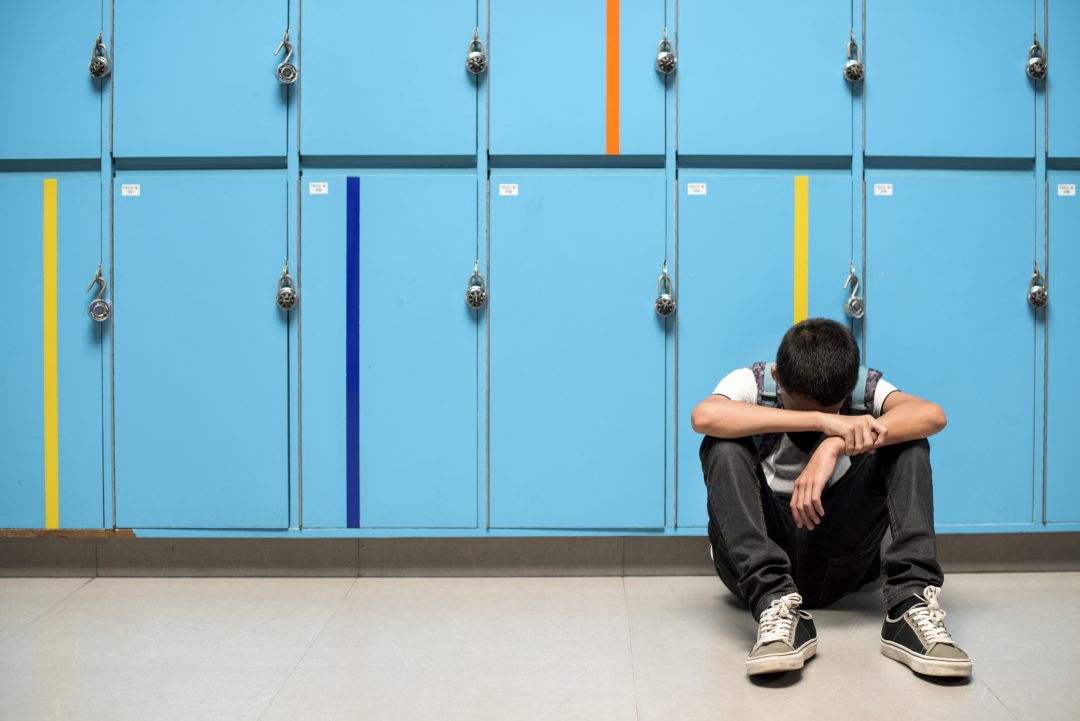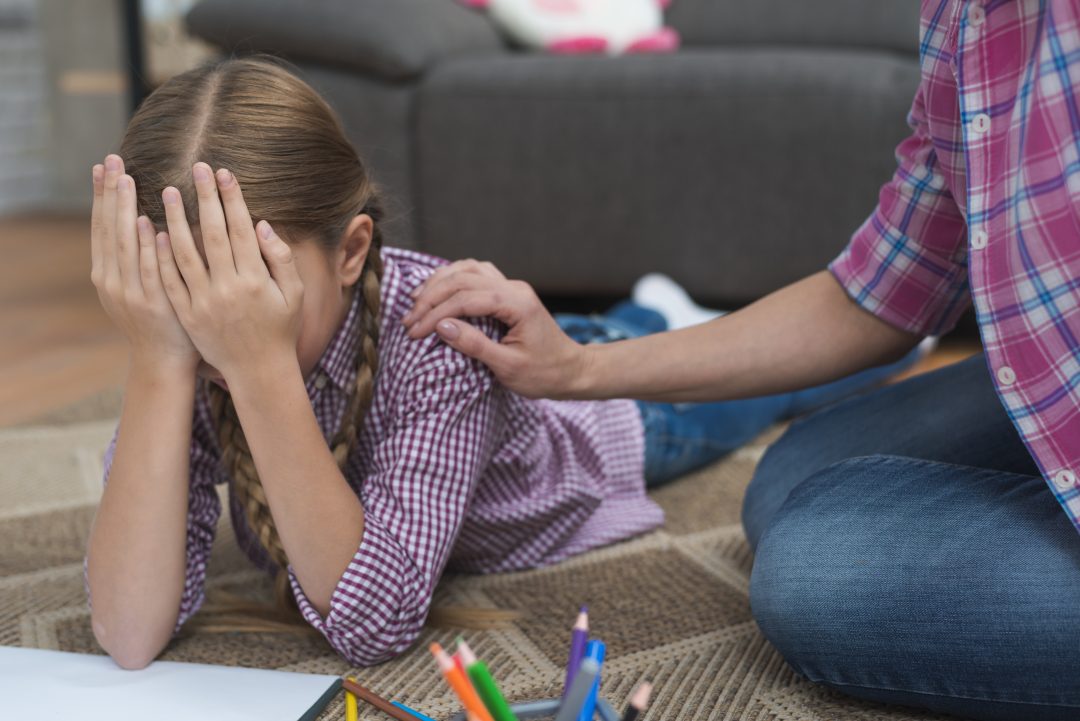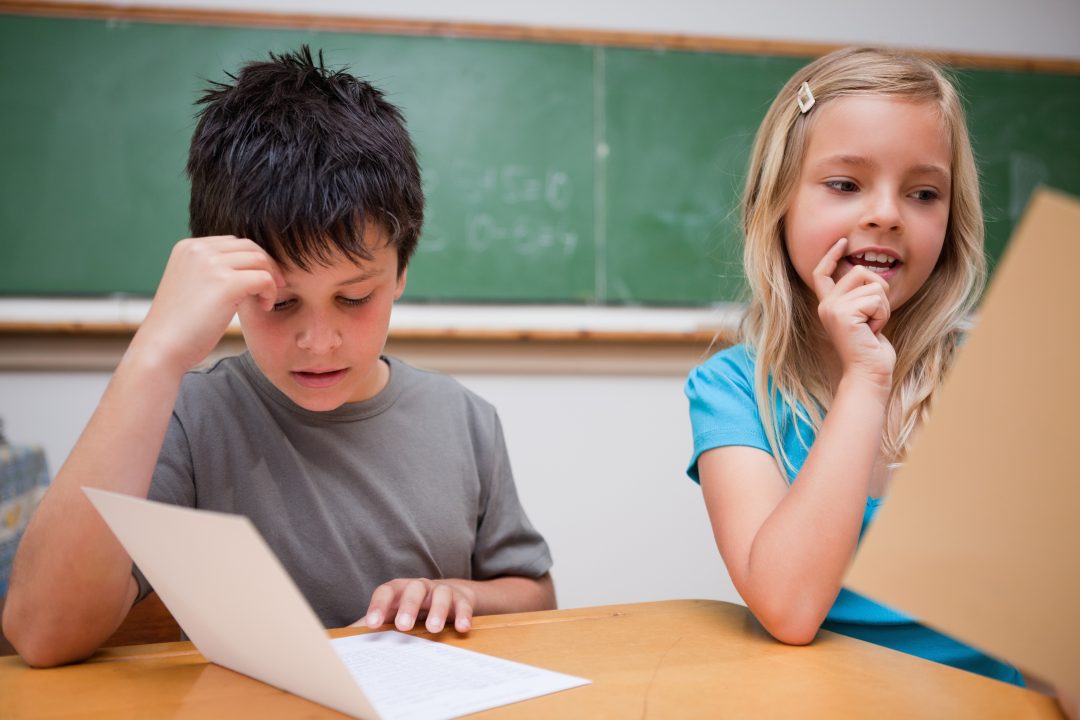Boost Your Child's School Experience: Tips for Parents
Categories: Education
When your child starts school, it can be a pretty conflicting experience. You’re probably excited for them, nervous for them, and either nostalgic or a bit heavy-hearted, remembering your own school days. It also marks the time when they begin a more independent journey with formal education. When your child’s in an early childhood education and care setting like kindy or daycare, it’s easy to feel involved. You probably got heaps of photos or videos showing what they’d done that day (and you could also tell from the paint/food/miscellaneous sticky things on them and their clothes). You may have even spent a bit of time there yourselves. When they get to primary school, though, the substance of their days can be a bit more opaque. You can’t expect their teacher to give you a comprehensive daily rundown of how things played out each day, nor your child. There are newsletters, P&Fs, Facebook groups, scheduled interviews and particular activities parents can pop in for, but school is usually their place, not yours, and it can sometimes feel like your child’s education is something that happens largely without you. If that’s how you like it, no worries. But, if you’re thinking you’d like to be a little more involved in your child’s education and school life, we’ve got the perfect person to explain how best to go about it!
Andrew Oberthur has been a teacher for over thirty years and a primary school principal for more than twenty of these. Andrew has written a book entitled ‘Are you ready for Primary School this year?’ and he also does a bunch of speaking, consulting and facilitating of workshops on ‘creating a culture of trust, collaboration and enquiry between teachers and parents.’ He’s our man on the ground in the Australian education system, and he’s a strong advocate for parents getting involved in their child’s school life and education. ‘Parents, you are the first educators of your children, and this role continues even when your child begins school,’ Andrew says.
Research tells us that when parents are engaged in their child’s educational journey, it has a positive impact on their child’s learning. Even in our busy lives, it’s important to stay on top of what’s happening at your child’s school and be involved in whatever way you can.
Andrew Oberthur
Here’s how:
Communication
‘For parents and teachers, the basis of a good relationship is open, honest communication and the shared goal of looking after the education and welfare of our kids,’ Andrew says. Open communication allows trust to be established between parents and the school, so you know why they’re making the decisions they are and what is informing their responses to any issues, Andrew confirms. If problems arise, it’s vital to discuss them, and this may involve asking for a meeting with your child’s teacher or principal. ‘The main reasons parents ask for meetings is to vent, seek advice or understanding of context for what’s happening, or offer a solution to a problem that’s occurring.’ This can apply to practical things like car parking dilemmas or tuckshop menus, educational matters or emotional matters, like your child being unhappy at school. If this is the case, it’s important to go into the meeting with an openness about how the problems can be addressed, Andrew says. You may have an idea in your head about a solution to a problem, like changing classes to avoid a problematic relationship, but the school may feel differently about the appropriateness of this response. ‘The reality is, it would be very unusual for a principal to change a child’s class just because they’re unhappy. It’s more likely that they’re going to work with the parents and teacher to find another solution for the child’s welfare and happiness.’
Collaboration
Collaboration is just as important as communication, Andrew says.
Parents and teachers need to work together for the good of a child’s education journey. We need to create a culture of trust, collaboration and inquiry so that parents and teachers can be on the same page.
Andrew Oberthur
Individual class teachers can’t hold the sole responsibility for the education of our kids, and they’re also under a fair bit of pressure to provide a quality education to a variety of kids with different needs at the same time. School is also not isolated from other parts of a child’s life, and education doesn’t only happen at school, so a team effort is not only preferable, but necessary, particularly when your child’s having difficulties there.
‘If your child’s having problems at school, the first question you should ask the teacher or principal is ‘‘What happened at school today?’’ This allows them to simply share information without being defensive.’ Ultimately, your child can only really engage with education when they’re feeling happy, so teachers and schools need to know when they’re not okay. ‘Children need to be happy at school so they can access the curriculum and learn. If they’re unhappy, it will make accessing the curriculum much more difficult,’ Andrew says.
Communication and collaboration between parents and teachers about your child’s academic progress and social engagement should be an ongoing process, Andrew suggests. If there’s something your child’s struggling with, you need to know this while it’s happening, not after the fact. This way, everyone involved can help to make sure your child is getting the support they need, both in and out of the classroom. ‘I have a philosophy that there should be no surprises on a report card,’ Andrew says. ‘Everything should be known to the parents already. If there are surprises, then the communication hasn’t been thorough and comprehensive enough between parents and teachers.’
Participation
You don’t have to go to every meeting and weigh in on every decision, Andrew says, but there are plenty of ways your participation as a parent can help you engage with your child’s education. ‘If you can go on an excursion, go to a P&F fundraiser, put your name down on the reading roster or attend information nights, do it,’ Andrew says. ‘These things all help you to understand how the school operates, what opportunities are available and what’s happening in the school community.’ Word from the wise: they will not want you lurking around in their later years, so take advantage of those earlier grades when they’ll be thrilled to have you around! Not all your participation in your child’s education has to be at school or school events, either, Andrew points out. If they want to show or tell you what they’re working on or ask questions about the material they’re covering, welcome it as a window into their learning journey at that time. There’s also that controversial and emotive H-word, homework. Regardless of whether you think it should exist or not, ‘there’s value in homework as it’s the most effective way for parents to understand what their children are doing at school,’ Andrew says.
So, hopefully this gives any new school parents some ideas about how and why they can get involved in their child’s education and help make their experience of school a positive one. You know what else makes it positive? Emptying lunch boxes BEFORE the school holidays. Sigh. We never learn.


